“It depends on the behaviour of governments”
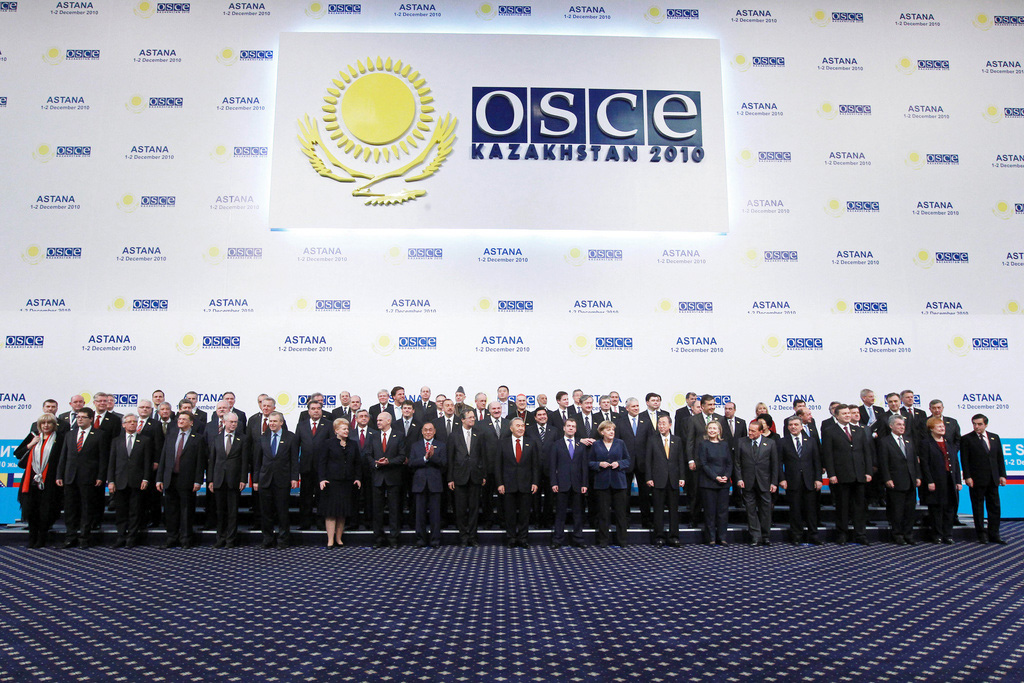
A Swiss politician analyses the prospects of the Organization for Security and Cooperation in Europe (OSCE), after the failure of the group to agree a new action plan.
Christine Egerszegi, vice-president of the Swiss parliament’s OSCE delegation, tells swissinfo.ch what the body can achieve, and what not.
The first summit in 11 years of the 56-member body failed to sign on to the action plan after two days of talks in the Kazakhstan capital, Astana, which ended on Thursday.
Instead, the government representatives signed the Astana Commemorative Declaration, which renewed their previous commitment to principles of a free and democratic security community from Vancouver to Vladivostok.
Swiss Foreign Minister Micheline Calmy-Rey had wanted to enhance the role of the OSCE in conflict prevention and resolution. Egerszegi was of the same opinion.
swissinfo.ch: What role does Switzerland play in the OSCE?
Christine Egerszegi: An active one. As the vice-president of the Swiss parliamentary delegation, I’ve experienced the OSCE as a body that deals with too many issues and loses sight of its fundamental task. This would be to play a mediating role in conflicts before they break out. Switzerland supports this basic role in many different ways
swissinfo.ch: How are the powers aligned?
C.E.: There’s often a tug-of-war in the OSCE between the United States and Russia. The fact that the US and Canada are members goes back to the founding of the OSCE. The Allies occupied the territories they captured after the Second World War, for example, West Berlin.
swissinfo.ch: Which role does the OSCE play at the moment?
C.E.: It sends observers to monitor elections, which is a very important task. It is also quick to tackle conflict themes. For example, we looked into the issue of cyber wars three years ago after Russia infiltrated systems in a Baltic state. We’ve also investigated energy-supply security when Russia stopped gas supplies to Ukraine and half of Europe froze. An important area is also the handling of minorities within a country and outside.
swissinfo.ch: What were the results?
C.E.: These issues were tackled early but there is often the danger – probably for diplomatic reasons – that they are abandoned. Resolutions are written and everyone is in agreement but they still have to be implemented.
During the summit, the OSCE discussed such issues as discrimination of homosexuals and gender. These are not unimportant but they are not topics to be tackled at a conference for security and cooperation!
swissinfo.ch: These are socio-political issues.
C.E.: Of course potential for conflicts has broadened. I’m thinking of the battle for resources like water or energy supplies, or the threat of organised or cyber crime. But not all societal conflicts can be resolved through the OSCE. These issues must be tackled but it would be better to leave them to other institutions like the Council of Europe, Unesco, Unifem etc. One must do a better job separating the tasks of these bodies – that’s an important concern for our OSCE delegation.
swissinfo.ch: Finding preventive conflict resolutions is perhaps more difficult…
C.E.: Of course, but the efficiency of the OSCE would be greater.
swissinfo.ch: Is Switzerland discussed at the OSCE level?
C.E.: Yes. I was for example commissioned by the Swiss cabinet to attend a ministers conference of the OSCE in June in Kazakhstan. I had to explain the result of voters’ approval of a ban on the building of minarets. Switzerland was under fire at the time. I explained how our democracy works: our population has the opportunity to change the constitution through a people’s initiative. Even if the government and majority of the parliament are against such a proposal, the people have the last word. And that is valid.
I raised awareness that during the campaign pictures were shown depicting women being stoned, and an Islamic jurist at a Swiss university called for the introduction of sharia law, and also made public were a number of examples of forced marriages. Terrorist attacks by Islamic fundamentalists were still very present [in people’s minds]. These were facts and not fiction, and they preoccupied voters, unsettling them. Faced with these arguments, it was not possible to bring across reasonable political recommendations.
After my explanations, I was approached by many delegations that said, “if we had similar democratic opportunities and had carried out a vote, our people would probably have taken the same decision”.
It was a good and important discussion. I felt there was a lot of understanding on the side of various Islamic countries.
swissinfo.ch: Is the OSCE betraying its basic principles when it holds a conference in a country like Kazakhstan, which is a near dictatorship?
C.E.: Kazakhstan is a Central Asian republic with a form of democracy different from ours. There are many different kinds. The former Soviet republics with partial autonomy are the ones that have developed successfully. Kazakhstan has a large influence on the region. It’s at the intersection between Asia and Europe. There are many conflicts in the region. Afghanistan, Kyrgyzstan and Turkmenistan are a few examples. Therefore stable countries like Kazakhstan are important.
swissinfo.ch: What does the OSCE hope to achieve?
C.E.: The OSCE wants to put democratic structures in place. To achieve those goals there needs to be a separation of powers with parliament as lawmaker, government as the implementing body and courts that are independent. The OSCE insists on human rights and international law compliance – freedom of the press included.
swissinfo.ch: Does the OSCE have the means to push through its demands?
C.E.: The resolutions are signed by countries, but that is all. One cannot expect more from such a diverse body.
swissinfo.ch: What could be improved?
C.E.: It depends on the behaviour of individual governments. It’s the same with other international bodies. One agrees on resolutions but they are not always implemented, and it is more difficult when dealing with delicate issues. More coordination between the influential blocks – East and West – would help.
I think that on this point Switzerland can play a good and active role within the OSCE. Switzerland would be appreciated for this.
The Vienna-based Organization for Security and Cooperation in Europe (OSCE) was founded in 1975 as the Conference for Security and Cooperation in Europe (CSCE) and was re-named the OSCE in 1994.
The OSCE’s activity is centred on preventive diplomacy, conflict prevention and crisis management as well as the post-conflict reconstruction and establishment of democratic social structures. The organization contributes to promoting democracy, human rights and the rule of law.
In the politico-military sphere it strives, by creating openness, transparency and calculability, to ease tensions and strengthen mutual trust, thereby aiding multilateral arms control in the OSCE region. The OSCE has 56 participating states, including Switzerland.
Source: Swiss foreign ministry
(translated from German by Dale Bechtel)

In compliance with the JTI standards
More: SWI swissinfo.ch certified by the Journalism Trust Initiative
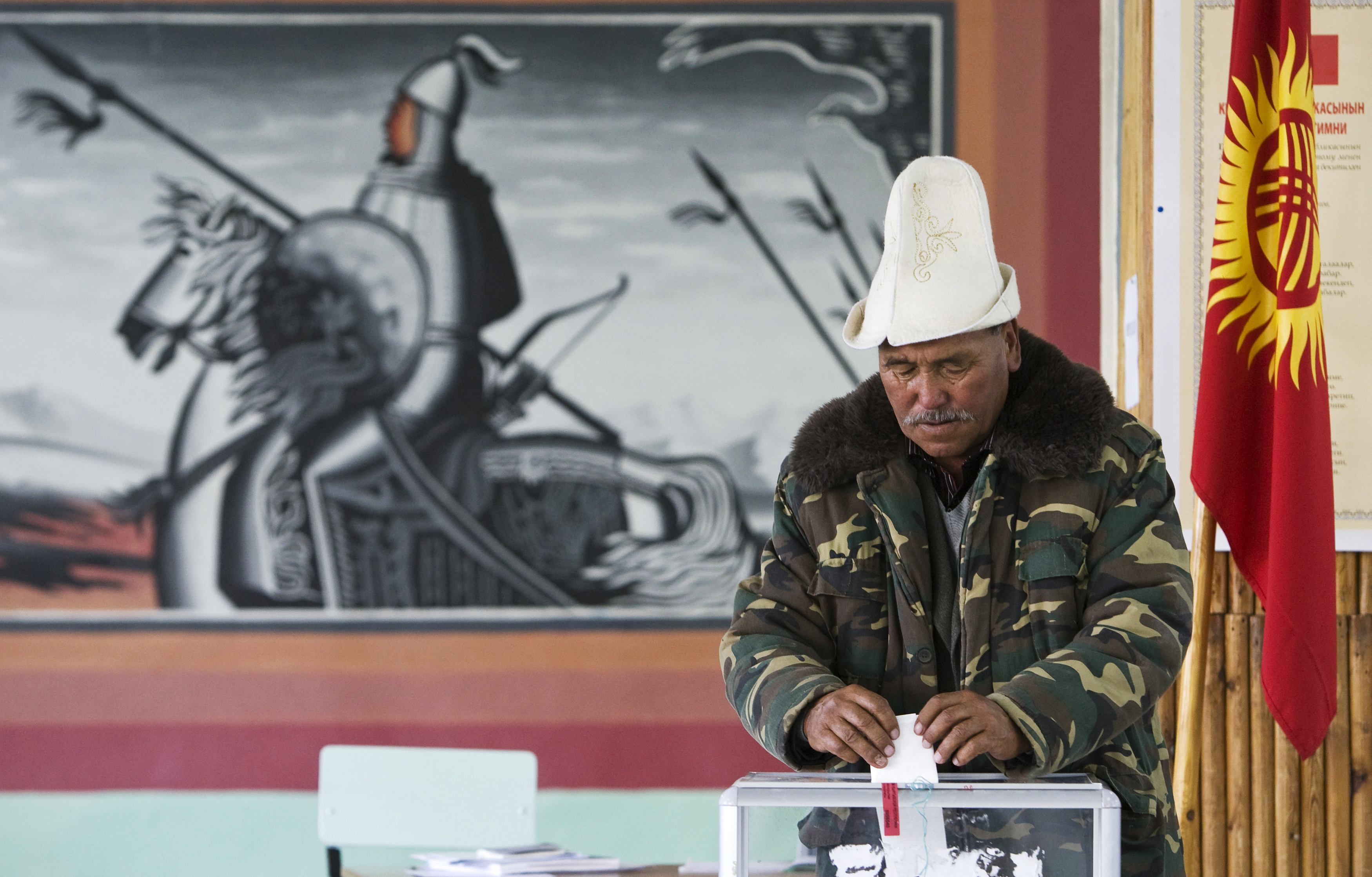
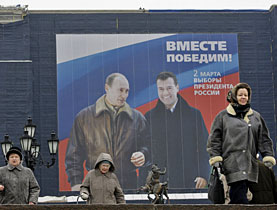
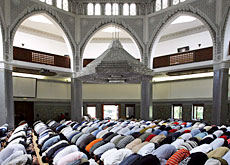
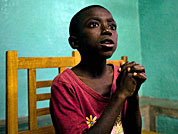
You can find an overview of ongoing debates with our journalists here. Please join us!
If you want to start a conversation about a topic raised in this article or want to report factual errors, email us at english@swissinfo.ch.